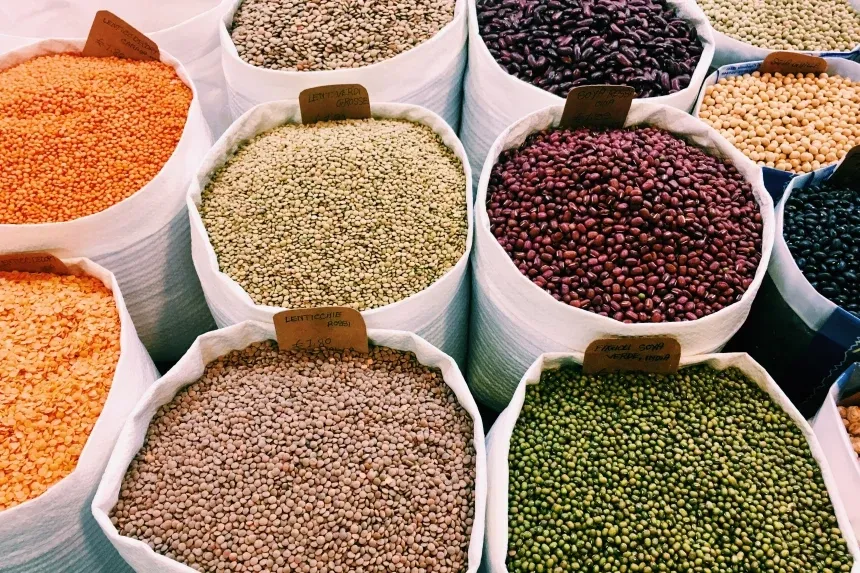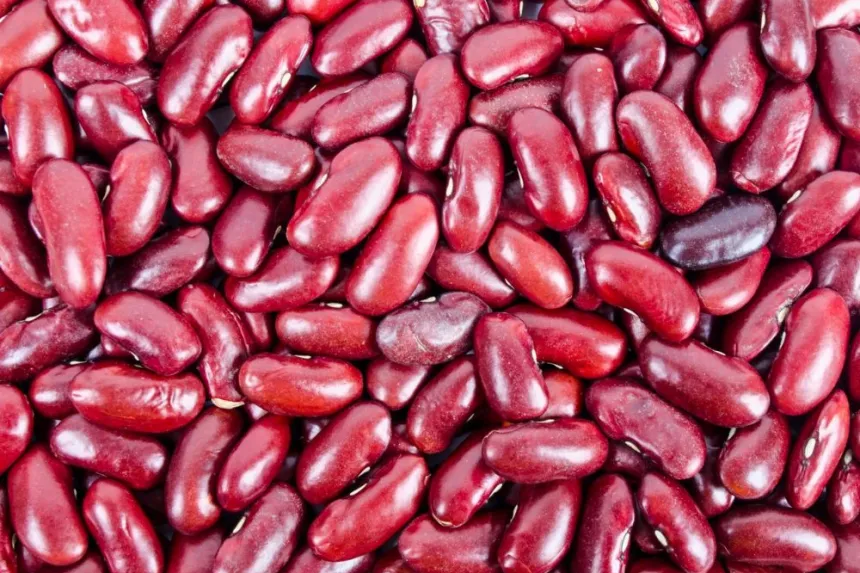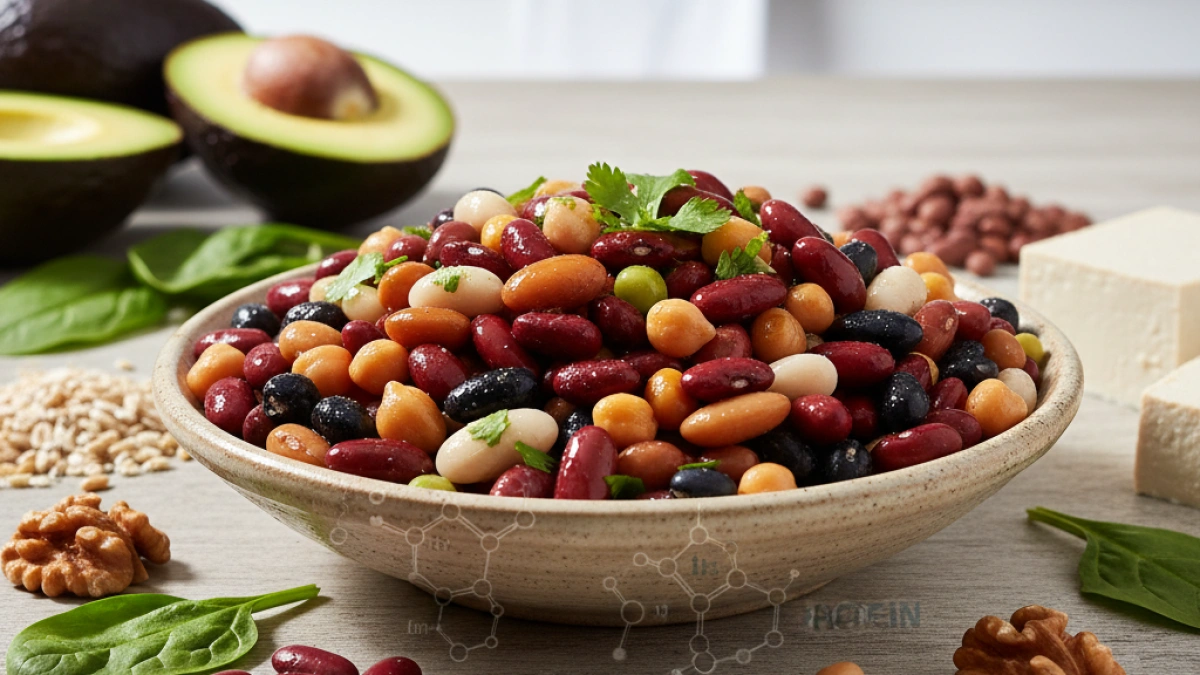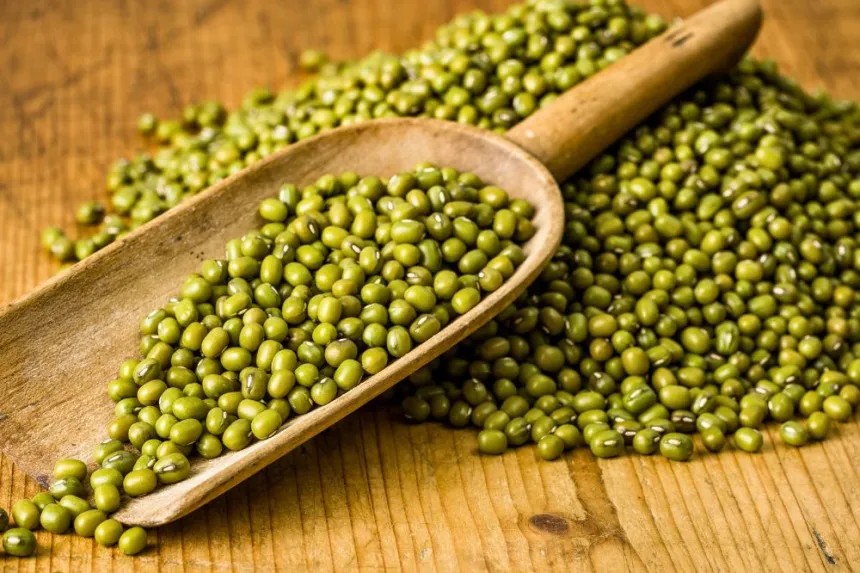Are beans really vegetables or legumes?
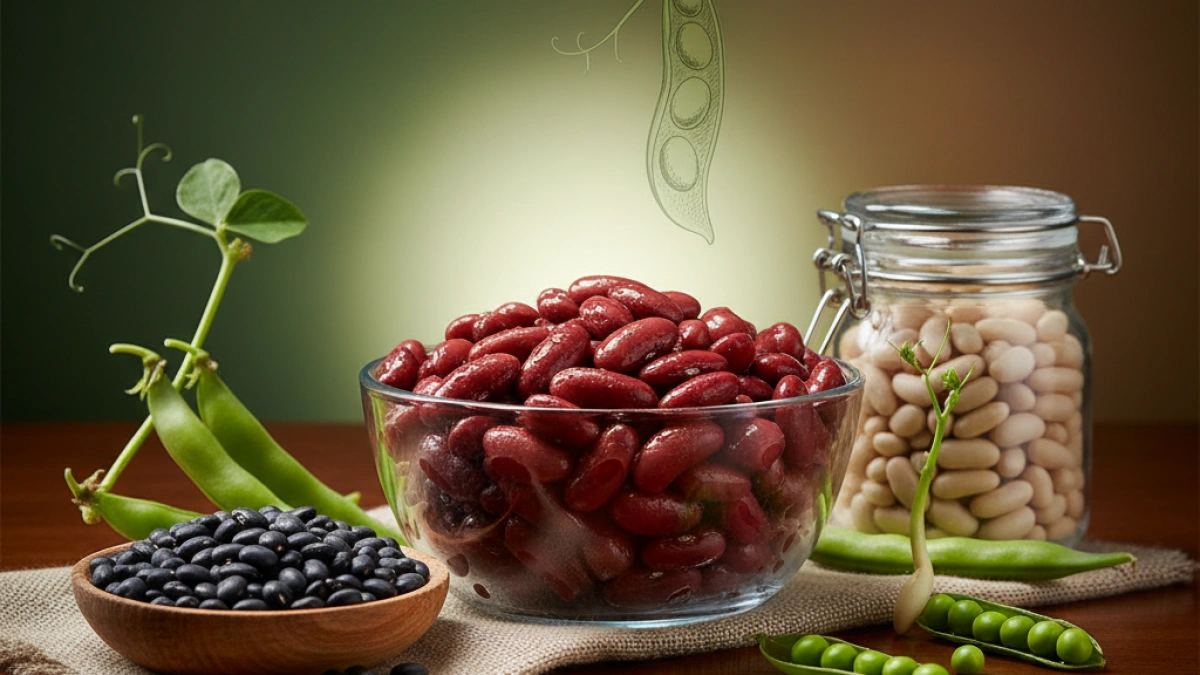
Beans are a staple food in many cultures and are used in a variety of dishes. However, there is confusion regarding their classification. In this article, we will explore the difference between vegetables and legumes, and which category beans actually fit into.
What are Beans?
Beans are seeds that come from various plants of the genus Phaseolus. They are commonly grown for their nutritional content and are a rich source of protein, fiber, vitamins, and minerals. They are often consumed in the form of stews, soups, and salads, making them a versatile food in global cuisine.
Classification of Beans: Vegetables or Legumes?
To understand whether beans are vegetables or legumes, it is important to know the definition of each:
Legumes
Legumes are a type of plant that belongs to the Fabaceae family. They are characterized by their ability to produce fruits in the form of pods that contain seeds. Beans, lentils, chickpeas, and peas are examples of legumes. These plants are known for being excellent sources of plant-based protein and fiber, making them ideal for vegetarian and vegan diets.
Vegetables
On the other hand, vegetables are a broader term that encompasses various edible parts of plants, such as leaves, stems, roots, and flowers. Vegetables typically have a high water content and are low in calories. Examples of vegetables include spinach, broccoli, carrots, and peppers.
Since beans are seeds that come from a pod-producing plant, they are classified as legumes, not vegetables. In popular jargon, they are sometimes referred to as vegetables due to their use in salads and other dishes, but from a botanical perspective, this is incorrect.
Nutritional Benefits of Beans
Regardless of their classification, beans offer numerous health benefits. They are an excellent source of plant-based protein and fiber, making them an ideal food for maintaining a healthy digestive system. Additionally, their content of essential minerals such as iron, potassium, and magnesium contributes to various bodily functions.
Read also
Protein Content
Beans contain between 15 and 20 grams of protein per cooked cup. This makes them a nutritious food that can replace meat in many recipes, making them ideal for those following vegetarian or vegan diets.
High Fiber Content
A serving of beans also provides a significant amount of fiber, which is essential for digestive health and maintaining stable blood sugar levels. Fiber also contributes to the feeling of fullness, which can be beneficial for weight management.
Final Considerations
It is important to recognize that beans, although sometimes regarded as vegetables in the kitchen, are legumes according to their botanical definition. Their nutritional richness and versatility in cooking make them a valuable food for any diet.
If you want to learn more about food, nutrition, and other interesting topics, I invite you to keep reading more news on my blog.
